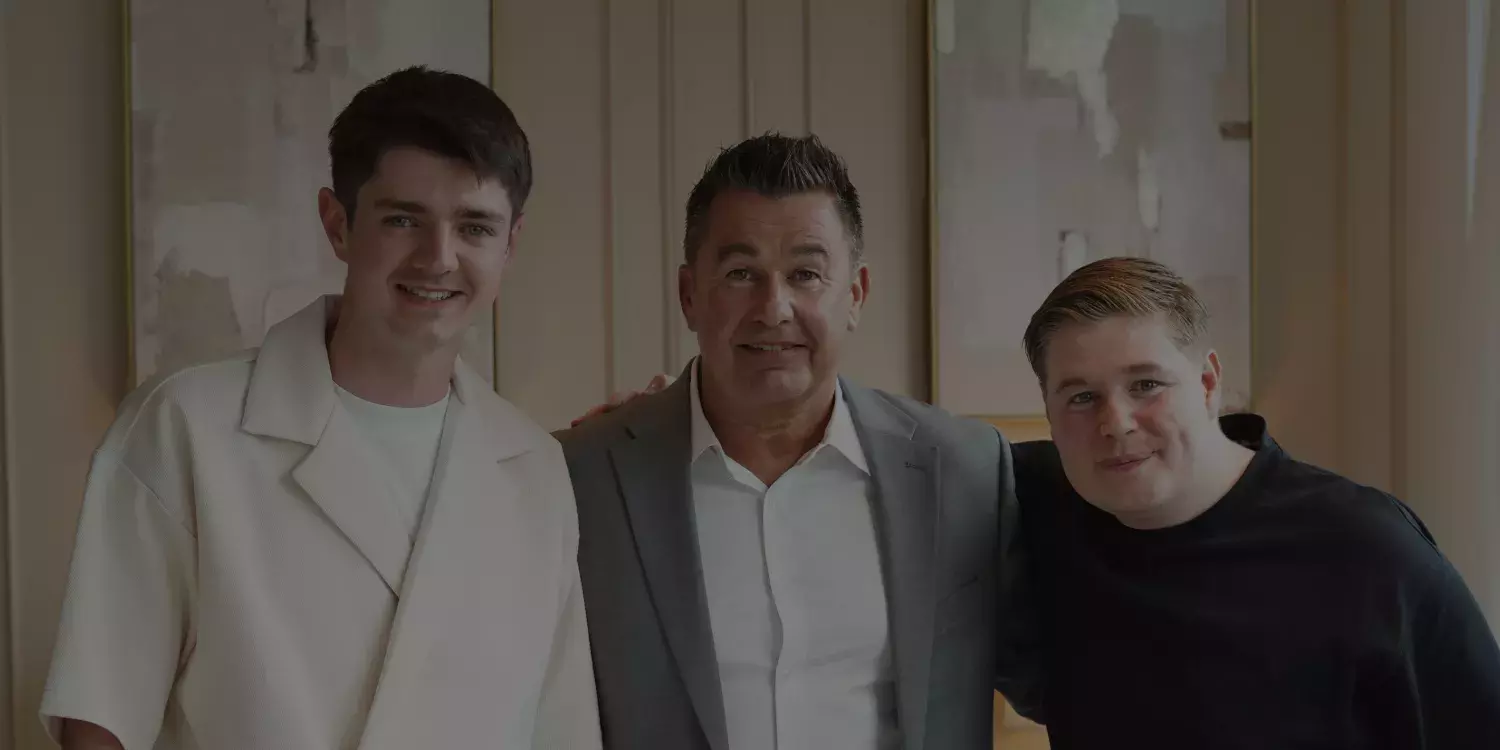
Capita launches AI Catalyst Stack in drive to be first AI-enabled BPO
We've launched the AI Catalyst Stack, operationalising AI at scale and underpinning our ambition to become the first AI-enabled business process outsourcer.

Capita plc half year financial results 2025
The operational performance and momentum of the first half of 2025 gives confidence in our delivery of the second half of 2025 and our full year outlook remains unchanged.

Capita launches AI-driven managed SD-WAN service powered by AWS
Capita is launching a managed cloud connectivity service, offering clients a comprehensive, E2E, AI-driven connectivity solution built on AWS Cloud WAN tech.

Adolfo Hernandez shares his top life lessons on My Duvet Flip
The newest episode of My Duvet Flip, the UK’s leading career show hosted by Jack Parsons, features a powerful conversation with our Group CEO, Adolfo Hernandez.
Our expertise in your industry
We’re a consulting, transformation and digital services business, delivering innovative solutions to transform and simplify the links between businesses and customers, and governments and citizens. We offer unparalleled breadth and depth of expertise across each of the industries we support – find out more by selecting your industry below.

Financial services
We help financial services clients navigate the unique, evolving challenges of a complex, highly-regulated industry, helping to transform their customers’ experiences.

Central government
We’re a vital strategic partner to government, delivering technology-enabled services to create better outcomes for citizens and communities.

Local government
We work together with local authorities to improve productivity and outcomes, helping to create thriving local spaces and exceeding service expectations.

Telecommunications
We apply our industry- and technology expertise to help our telecoms clients transform operations, processes and culture for seamless end-to-end experiences.
Latest insights
Capita experts share their opinion and insight on new ideas, approaches, technology and topics related to our business and markets.
Read about our work
Every day we’re helping our clients transform and simplify services with innovative solutions. Here are some practical examples of how we’re delivering these solutions and the difference they make.
Latest news
Find out what's happening around Capita.






















